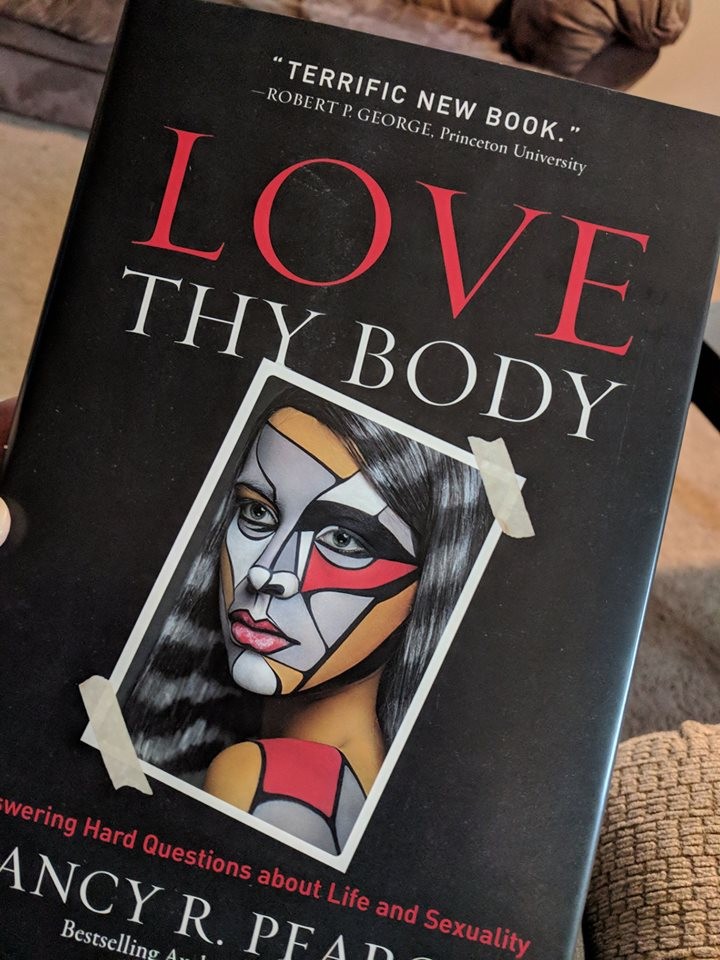Recent puzzlements
Here are some technology stories that have caught my eye lately.
1.) Can Social Media Have a Structure That Does More Good Than Harm?
A professor from UNC Chapel Hill concludes that
once it’s infrastructure like this, you need to fix it rather than walk away. It’s the same way you can’t just walk away from dangerous roads. It needs to be safer. And that’s the hopeful part. These technologies are really young. And what we’ve done is we’ve allowed this enormous data collection and this targeted advertising to be the main business model. So this should be a wakeup call that we shouldn’t allow this to continue. And that we shouldn’t feel bad about wanting to use it to connect with people. I mean, I think it’s perfectly fine. A lot of people are feeling guilty that they’re using Facebook, and my response is don’t. It’s a great product in many ways. We just want it to be safer, and we just want it to have the seatbelts.
Ironically, this line of reasoning echoes that of a sub-par movie I watched recently called The Circle. “We can’t quit! We have to make it better!” This is the logic of the addict, not independent critical thinking.
Can social media really be compared to roads and seatbelts? I think not. For one thing, it is addictive, as many studies have shown. For another, it results in measurable damage to individuals. It has been linked to drastic increases in teen depression and suicide; it has been a cooperative, effective tool for terrorists; it has been exploited by advertisers, political campaigns, predators, and foreign governments seeking to infiltrate the election process. Its effects on social harmony have been to further polarize people, to blur the lines between fact and fiction, and to sacrifice personal privacy on the altar of consumerism.
So is it true that we “can’t just walk away”? Certainly individuals can walk away and live rich lives without Facebook et al. Sometimes I wonder why we don’t treat it like tobacco, an equally addictive substance that has been the focus of a deliberate campaign for years because of the harm it does.
I can hear the response: “If Facebook is gone, people will just find other ways to do these things.” If smoking is eliminated, people can find other addictive substances with similar consequences. The point is that we act responsibly on what we know — rather than buy the argument that social media is indispensable, inevitable “infrastructure.” Infrastructure implies solidity and reliability and foundation. If digital media is foundational to human relationships, we’re all in trouble.
Here are a few more stories, with much more minimal commentary:
2.) Computer problems delay state English tests across New York; 25,000 affected in CNY and Computer problems ‘frustrating’ students taking English tests across New York. A fresh example of replacing physical objects with digital miracles — and being disappointed.
3.) Pennsylvania asks counties to replace voting systems by 2020. This is just funny. They updated to electronic voting systems. But now, to protect against hacking, they want to update the system to “leave a paper trail.” That’s what they had to begin with! Now, they have expensive machines PLUS paper.
4.) The Paris Lawyer Who Gives Google Nightmares. This man has successfully fought against Big Data, thanks to a law in Europe that protects individuals more wisely than here in the land of the free.
5.) There have been several examples lately of overly optimistic views of digital readiness, including tragedies with self-driving cars and airport facial scans being implemented before they are ready.




